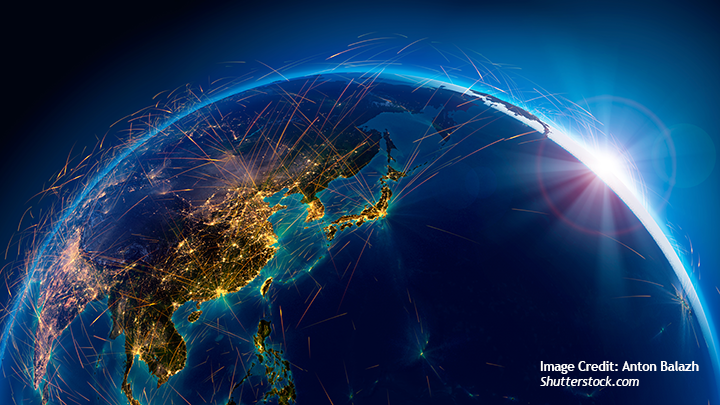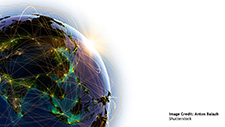Japan: No Indo-Pacific Order Without International Order

Jagannath Panda, Richard Ghiasy and Julie Yu-Wen Chen
In April, Japanese Prime Minister Kishida Fumio, in his address to the joint meeting of the U.S. Congress, made the case for a stronger “global partnership” with the United States as part of a commitment to preserve “indispensable” U.S. leadership.
Two things stood out: One of the mainstays was the imperative for realizing a Free and Open Indo-Pacific (FOIP), which, as Kishida said, could soon face “harsher realities.” Second, highlighting the “loneliness and exhaustion” of the United States as the sole “country that has upheld the international order almost singlehandedly,” Kishida staked a claim toward co-sustaining a coalescing Indo-Pacific order and international order.
Such a perspective about the alliance’s present and future gives impetus to the argument that Japan’s FOIP vision, which was first crafted by Japan’s former Prime Minister Abe Shinzo – widely seen as a China hawk – in 2007, will now evolve to include a deepening of Japan’s role in and beyond the region’s security and economic order. Indeed, FOIP under Kishida conceptually and strategically increasingly falls under the aegis of the Free and Open International Order (FOIO) to stress the interconnectedness of the two and adherence to the rule of law in the international order. Japan no longer wants to trail but co-lead.
But how would this work?
Read the complete piece at The Diplomat published on June 25, 2024. This work is part of a Stiftung Mercator-funded project titled “Order in the Indo-Pacific: Gauging the Region’s Perspectives on EU Strategies and Constructive Involvement.” The views and opinions expressed are those of the authors only and do not necessarily reflect those of Stiftung Mercator or the authors’ respective institutes.
Related Publications
-
Navigating the Indo-Pacific: How Australia and the EU Can Partner for Peace, Stability, and Prosperity
To navigate the choppy waters of the Indo-Pacific, the EU and Australia must be on the same wavelength regarding shared interests in rules, values, and an open and liberal economic […]
-
Convergence in Vietnam, EU Interests a Harbinger of Indo-Pacific Order?
In March and April, Vietnamese Foreign Minister Bui Thanh Son’s nearly back-to-back visits to the U.S. and China highlighted Vietnam’s increasing penchant for delicate diplomacy with major powers amid the […]
-
EU-Japan-Taiwan Cooperation: Building a Blue Supply Chain
The COVID-19 pandemic, the escalating trade war between the United States and China, and Russia’s invasion of Ukraine have exposed vulnerabilities and weaknesses in the global China-centric economic supply chain […]
-
EU-Thailand FTA Negotiations: IUU Fishing and Human Rights Remain Obstacles
Thailand’s fishing industry, which at its height saw as many as 200,000 migrant workers from neighboring Laos, Myanmar, and Cambodia caught in a brutal system of abuse, withered global criticism […]
-
ISDP Annual Report 2023
ISDP’s Annual Report for the year 2023. We look back on 2023, a year in which tensions and conflicts captured the strategic space in ISDP’s focus areas, making headlines around […]




